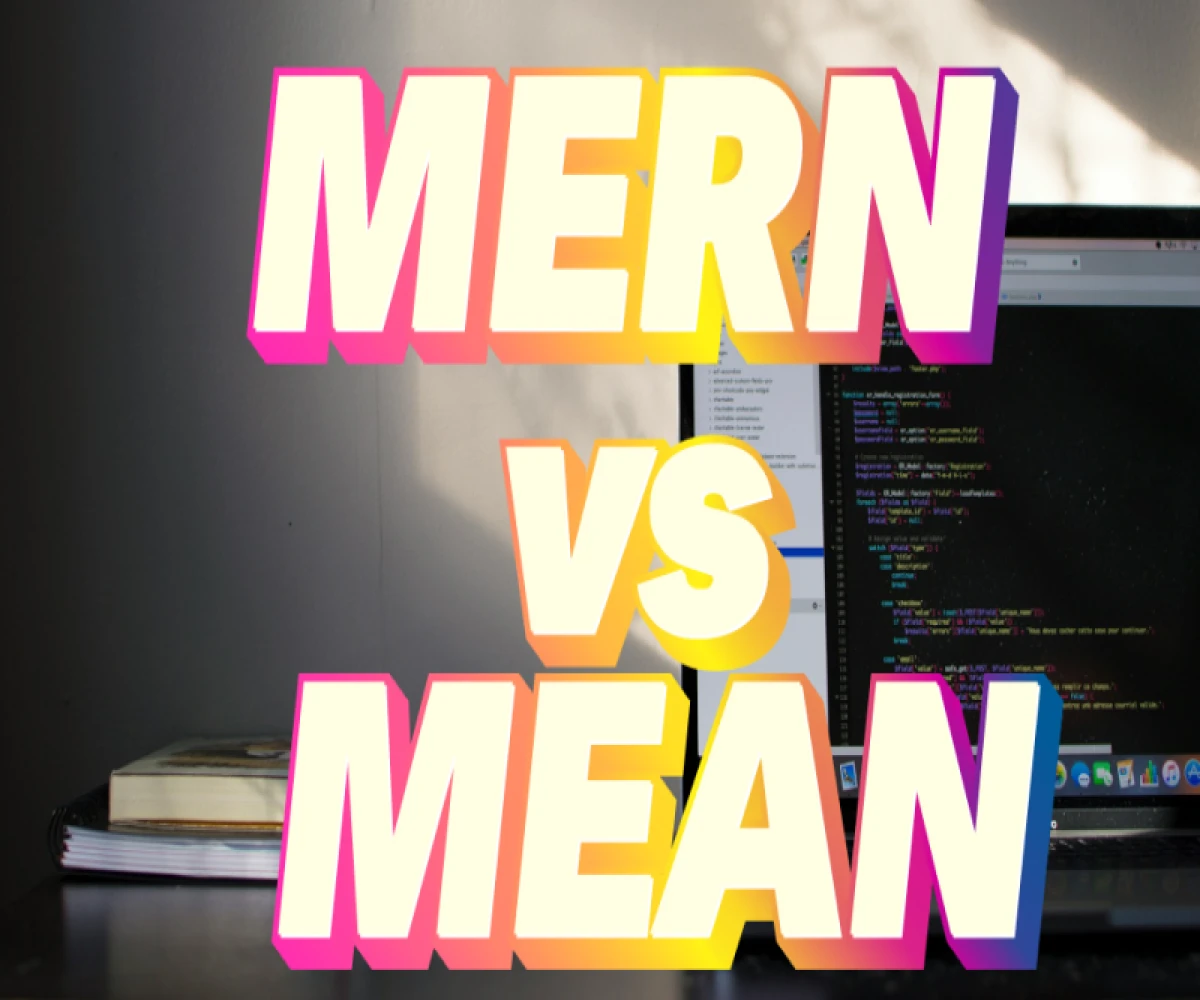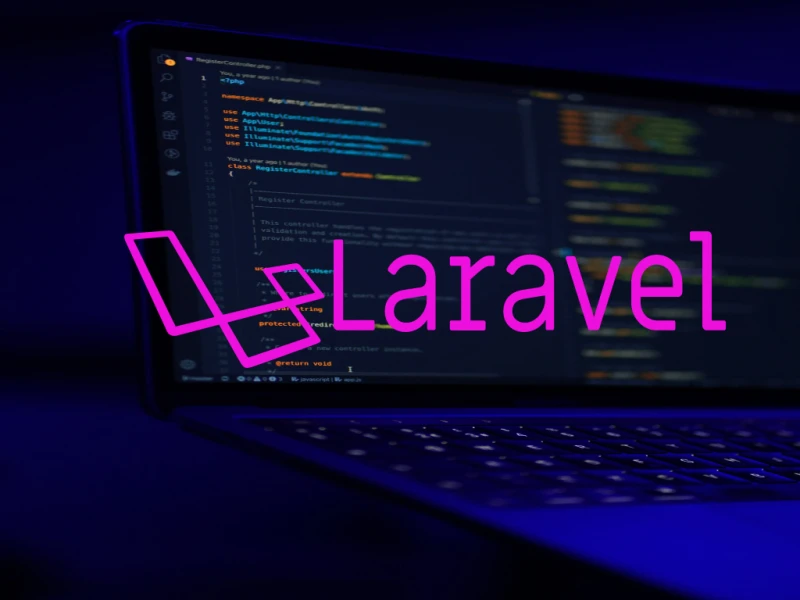
MERN vs. MEAN: The Showdown for Web App Development Champions
MERN vs. MEAN: Choosing the Champion for Your Web App Development
In the realm of web development, selecting the ideal technology stack is crucial. It lays the foundation for your application's functionality, efficiency, and maintainability. Two prominent contenders in this arena are the MERN and MEAN stacks, both known for their robustness and adaptability. This blog delves into their strengths and weaknesses, guiding you towards the champion for your next web app project.
Understanding the Acronyms:
Both MERN and MEAN are full-stack development stacks, encompassing all the necessary layers to bring your web app to life:
- MongoDB: A versatile NoSQL database, perfect for storing flexible and ever-evolving data.
- Express.js: A lightweight web framework for Node.js, streamlining server-side development.
- Angular/React: The key differentiator! MERN utilizes React, a popular JavaScript library for building interactive user interfaces (UIs). MEAN, on the other hand, leverages Angular, a comprehensive TypeScript-based framework for crafting dynamic single-page applications (SPAs).
- Node.js: The unifying element, acting as a JavaScript runtime environment that empowers server-side development for both stacks.
Head-to-Head: MERN vs. MEAN
While they share the same backbone of Node.js and Express.js, the choice between MERN and MEAN hinges on the front-end framework:
-
React (MERN):
- Pros: Offers exceptional flexibility, fosters rapid development with its component-based architecture, and boasts a massive developer community for support.
- Cons: Might have a steeper learning curve for beginners due to its less-structured nature compared to Angular.
-
Angular (MEAN):
- Pros: Enforces a structured, MVC (Model-View-Controller) architecture, promoting code maintainability and scalability for large-scale projects.
- Cons: Can be considered opinionated, imposing a specific development style that might not suit all preferences. Its learning curve can also be steeper than React's for some developers.
Choosing Your Champion:
The ideal stack hinges on your specific project requirements and development team's expertise:
- For rapid prototyping, dynamic UIs, and a flexible approach, MERN with React shines. Its extensive community and component-based approach make it perfect for projects that need to evolve quickly.
- For complex enterprise applications requiring a structured and scalable architecture, MEAN with Angular takes the lead. Its emphasis on maintainability and robust tooling is well-suited for large-team projects.
Beyond the Ring: Additional Considerations
- Project Requirements: Consider the type of web app you're building. Does it demand real-time updates (MERN excels here with Socket.io)? Or is a strong structure for a large-scale application more critical (MEAN shines in this aspect)?
- Team Expertise: If your team is proficient in React, MERN might be a natural choice. Conversely, an Angular-savvy team might find MEAN more comfortable.
- Project Timeline: React's flexibility can expedite development, while Angular's structure might take longer upfront but ensure better long-term maintainability.
The Final Verdict:
MERN and MEAN are both battle-tested warriors in the web development ring. There's no single champion – the victor depends on your specific project and development team. By understanding their strengths and weaknesses, you can make an informed decision and craft a web app that reigns supreme!


